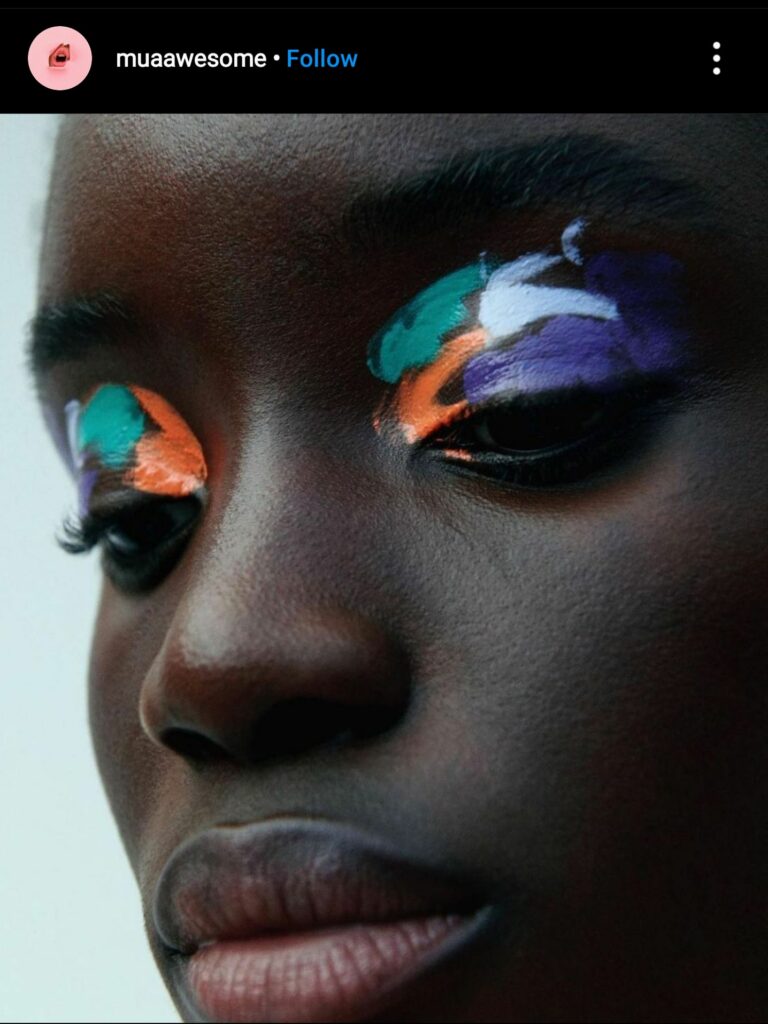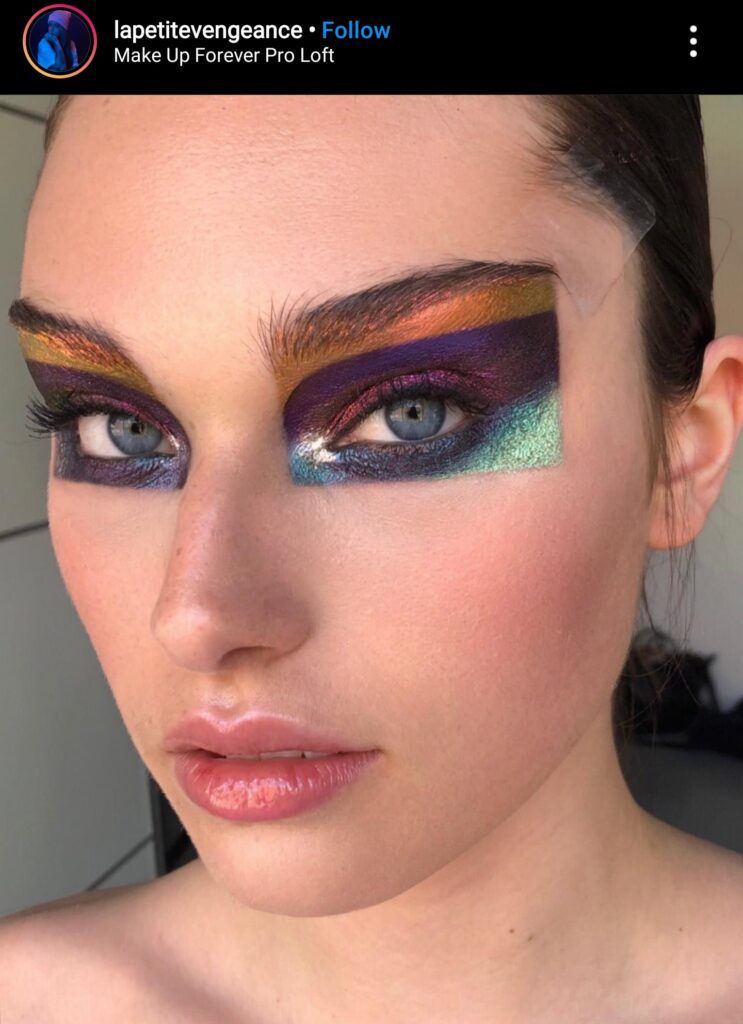Bad Feels and Other Secrets
When I was very young – around the time I developed Person in Charge – I built a framework for the world that told me I should not know how other people feel. It was sometimes useful to me to know, but revealing that I knew was a likely path to abuse. At the time I was convinced that it was a thing I should have grown out of by then – I felt I should have overcome empathy by age 5 – and that I hoped I would someday be able to do (or at least fake) the correct behavior so that I could live independently 1You know, the common dream of all kindergarteners – to stop being such a leech on your community and start not needing other people for any reason..
Eventually I saw that this wasn’t quite true. I became less isolated and saw that, while perhaps not directly available to me, empathy existed in fully grown people, and the feelings of others did sometimes influence their behavior.
Still, I struggled for a long time with the idea that I couldn’t know when a feeling I smelled was allowed to impact my life behavior. Due to my inhuman nature or lake of social education or some other incapacity I felt hopelessly unable to determine when it would be safe to reveal that I can see another person’s feels.
I continued to build on the old structures of abuse in my life, where it /was/ useful – sometimes vital – for me to know other people’s feels, but extremely dangerous for me to let this knowledge visibly impact any aspect of my behavior. I put lots of energy into carefully separating the way I actually understood other people from the way that I behaved toward them.
For example, I might know that you’re having a hard time and that you are hungry, but if you haven’t said so I would not offer help or food because those topics are secret. I might make food appear, but only if I can do it in a way that doesn’t reveal my knowledge of your hunger. I might make more space for you, or try to ease other parts of your life, but only if it’s invisible to you.
These days I am not stuck there with the same survial fear, and I’m much more likely to risk being “caught” knowing how you feel. But it’s still easy for me to feel like I can’t know which feels are safe to see and which ones are secret. I’ve still got the separate categories for acceptable knowledge and things I shouldn’t admit knowing.
It’s one of the ways I am good at security. I’ve spent a long time studying secrets and I know how expensive they are. It’s one of the ways I can be very careful, and can keep a solid wall between the way someone wants to interact with me and the way I understand them. It’s one of the ways I can read your actual feeling before it’s obvious even to you, and can be ready to support you when you come to it later.
But I’m sick of it being my default. I’m sick of always being careful when I respond. I’m sick of keeping a list of secret topics and feelings that I know about but can’t speak to. I’m sick of feeling like my ability to identify your feels is a shameful disability, and a risk to my safety and relationships.
I am very good at speaking only in the framework you present, and only offering feelings when you have explicitly brought them into the conversation. I’m very good at sensing when you are hiding a feeling 2For reasons good, bad, and indifferent people do this all the time. Sometimes we need to soldier on even when our feels would be a barrier. But it’s rarely invisible, particularly to me. and keeping my space around it so that you never feel it leak to me. People often appreciate this, whether they notice directly or not, and it’s a thing I want the ability to do.
But I also want to not be afraid of skipping all that extra work. Not when the stakes are low. Not when things are normal. Not when I’m already safe enough. I’d like in fact to be as annoying straightforward with other people’s feels as I am with my own.
Probably I already know how to do this. Probably that old helpless feeling about not being able to tell when it’s safe is just the training of abuse. Probably I can choose some threshold of how much vulnerability I can expect people to handle that’s higher than zero.
But boy does my brain think that secrets are the only option. Particularly for in-person interactions. With the cover of low-context communications I feel much more capable of navigating that challenge. It feels like I can risk revealing more because there’s space for me to retreat into implication if I am caught naming an emotion I shouldn’t know. In live comms though, where my tone is less subject to multiple readings, my brain is sure that your lack of feeling words means you won’t want to talk about feelings.
So I’m going to try. I’m going to try just responding to feeling your eyebrows are yelling, anytime I feel like it’s relevant to the situation. You’re gonna hate it sometimes, and I’m gonna tolerate you hating it without feeling like I am in danger.
I will pay attention to the setting, to avoid social exposure, and to avoid forcing vulnerability at inopportune times. I will pay attention when you ask for space on a particular topic, or for a particular moment. I am also going to try no longer respecting the list of feels you tell me I’m not allowed to see 3For more than a few of you this list is longer than you’d maybe like to admit. I have almost always provided infinite space before, which made it easy to add things. But I should charge more for use of this service, because it’s expensive for me and some of you use it like it’s free., and no longer respecting the indefinite ban you put on some topics. I’m going to try letting you see the places where you ask for space and letting you take responsibility for managing it.
Except when I don’t because life is complicated and we all need special care and handling sometimes. But I do want to change the default.
The hard part isn’t even the change in behavior. That never easy, but it’s something I’ve done many times before. The hard part is all the places the world presses on my flawed beliefs. In the office, where we all perform the role of a focused and agreeable human. In society, where we agree to not see oppression. In our close relationships, where we support people even when they cannot maintain space for themselves.
If you’d like to support me in this please consider two things:
1. When you phrase your feeling as both implicit and caused by an external source, I will know you’re hiding it. You might not be doing it knowingly – it might be a default you’ve trained for – but it’s not the same as simply not having the words to express yourself, or not yet knowing what your feeling is.
2. My old fear is that naming your feel will make me the target of it, because often the feels people want to keep secret are “bad” feels. The modern version of that fear is that I will violate some boundary, even when there is no reasonable context or communication asking me to keep it. I hope that changes, but those fears are what my brain regulates for when left to its own devices.
ZiB
—
Sent from a phone.




Stars for Later
| ↑1 | You know, the common dream of all kindergarteners – to stop being such a leech on your community and start not needing other people for any reason. |
|---|---|
| ↑2 | For reasons good, bad, and indifferent people do this all the time. Sometimes we need to soldier on even when our feels would be a barrier. But it’s rarely invisible, particularly to me. |
| ↑3 | For more than a few of you this list is longer than you’d maybe like to admit. I have almost always provided infinite space before, which made it easy to add things. But I should charge more for use of this service, because it’s expensive for me and some of you use it like it’s free. |